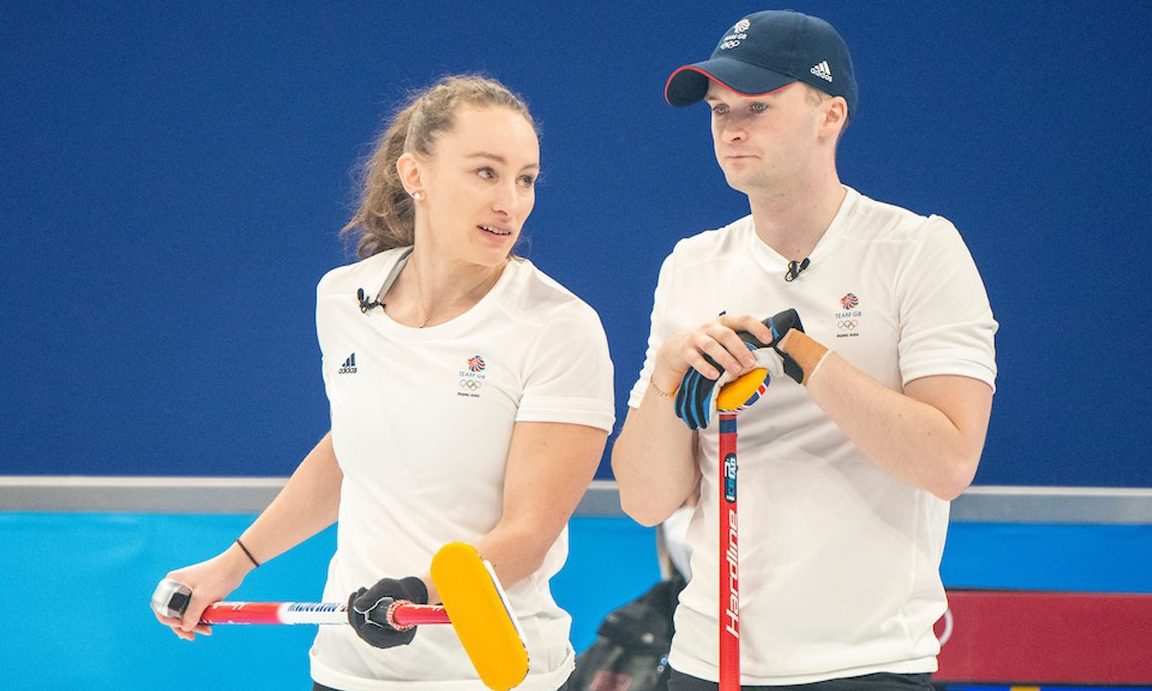Wimbledon is back. It brings with it a chance for me to have another enjoyable argument with a good friend, Bob Seith, former head of English at Morgan Academy.
Bob is a thoroughly decent chap. He and I argue, good naturedly, on many language topics. Our current discussion involves the word “racquet”, as in tennis racquet. Bob insists it should be spelled “racket”.
On Bob’s side of the dispute are the Oxford English Dictionary, the Lawn Tennis Association, and the number of “hits” you get if you conduct a Google search.
But no matter the fell forces ranged against me, I cannot be wrong. Racquet is listed in the OED as a variant spelling. I prefer to use that variant spelling.
And what happens if a little context is brought to bear?
“Racket”, spelled that way, has several meanings. Organised crime, boisterous noise, clamour and outcry. If I refer to Andy Murray’s “racket” I might, conceivably, be referring to the noise he makes each time he plays a shot.
Whereas “racquet” has one meaning. There is no ambiguity. No one can say “racquet” doesn’t give instant clarity, and clarity is the aim of good language usage.
Our small, although entertaining (to me, anyway), discussion aside there is a serious point here. I enjoy a language discussion. It is how appreciation of the subject grows. There are too few of us left who indulge in arguments over precise definitions, variant spellings, and English in general.
You are reading this column because you are, I hope, one of those people. But do most people bother about these things? I’m afraid they don’t. People who care about the language are becoming as rare as British tennis champions.
How many pub discussions are there on definition nuances? How many texts do youngsters exchange about spelling? Is grammar or Love Island talked of in the myriad nail salons that have sprung up recently?
English is dying because no one cares enough to argue over it.
One day soon, there won’t be a spoken language. People, if forced to communicate face to face, will only be able to utter gabbled grunts and mumbled mutterings. Tennis racquets will be referred to as “Uh. Bat-thing. Uh.”
Word of the week
Razee (verb)
To abridge, prune, cut-down, or dock. EG: “Every day, we razee the English language just a little more.”
Read the latest Oh my word! every Saturday in The Courier. Contact me at sfinan@dctmedia.co.uk










